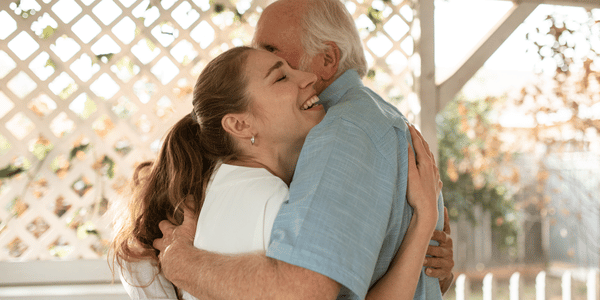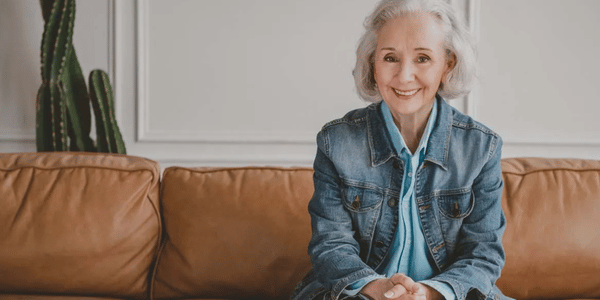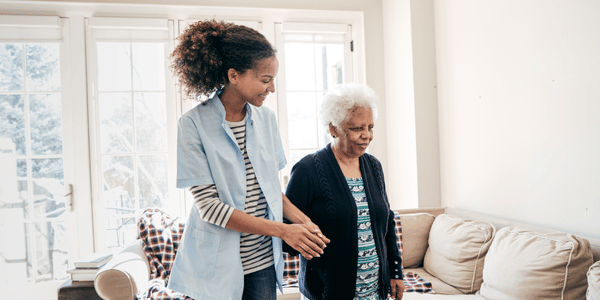Love Always: A Valentine’s Day Reminder for Caregivers

Valentine’s Day is a time to celebrate love in all its forms. For those caring for their loved ones with dementia, Alzheimer’s, and Parkinson’s, love may looks a little different this year. The daily routines, the challenges, and the shifting dynamics of relationships can sometimes make it feel like the bond has changed. But the truth is, love never fades—it simply adapts, grows, and finds new ways to shine.
Let’s take a moment today to reflect on the strength, resilience, and unwavering love that you share with your loved one.
Love is Patient, Love is Kind (and Sometimes It Needs a Break!)
You know that saying, “Love is patient, love is kind”? Well, as a caregiver, you’re living proof of this mantra. Navigating the complexities of caregiving means being there for your loved one even when things get tough. And yes, sometimes love means knowing when to take a step back and recharge, because self-care is a vital part of loving someone else.

Positive Affirmations for Caregivers:
- “I am doing my best, and that’s enough.”
- “I am strong, and it’s okay to ask for support.”
- “I give myself grace and permission to take care of me.”
- “Every day, I show love and care in my own way, and that’s something to be proud of.”
This Valentine’s Day, show yourself the same love and compassion you so generously give to your loved one. Remember, it’s okay to ask for help and take breaks. Reaching out for support, whether it’s for a break, guidance, or emotional relief, is a sign of strength, not weakness. Taking care of yourself is one of the most loving things you can do.
Here are some gentle ways to ask for help:
- “I could really use a little support today. Can you help me with [specific task]?”
- “Would you mind giving me a hand with [insert caregiving task]? It would really help me recharge.”
- “I’m feeling a bit overwhelmed. Can we find a moment to talk about how I can get some extra help?”

If you need extra support, respite care could be a great option. It allows you to take a temporary break while ensuring that your loved one continues to receive the care they need. To find respite care services in your state, you can use the National Respite Locator, which helps caregivers connect with local respite care options, including both home-based care and facility-based programs.
Finding Hope in the Caregiver Experience
It’s easy to get caught up in the challenges and forget the bigger picture: love is a journey, not a destination. Caregiving isn’t always easy, but it is a journey filled with purpose, strength, and love. No matter what changes come your way, the love you share with your loved one remains constant. If you’re on this caregiving journey and looking for support, learn more about our Finding Meaning and Hope program.






